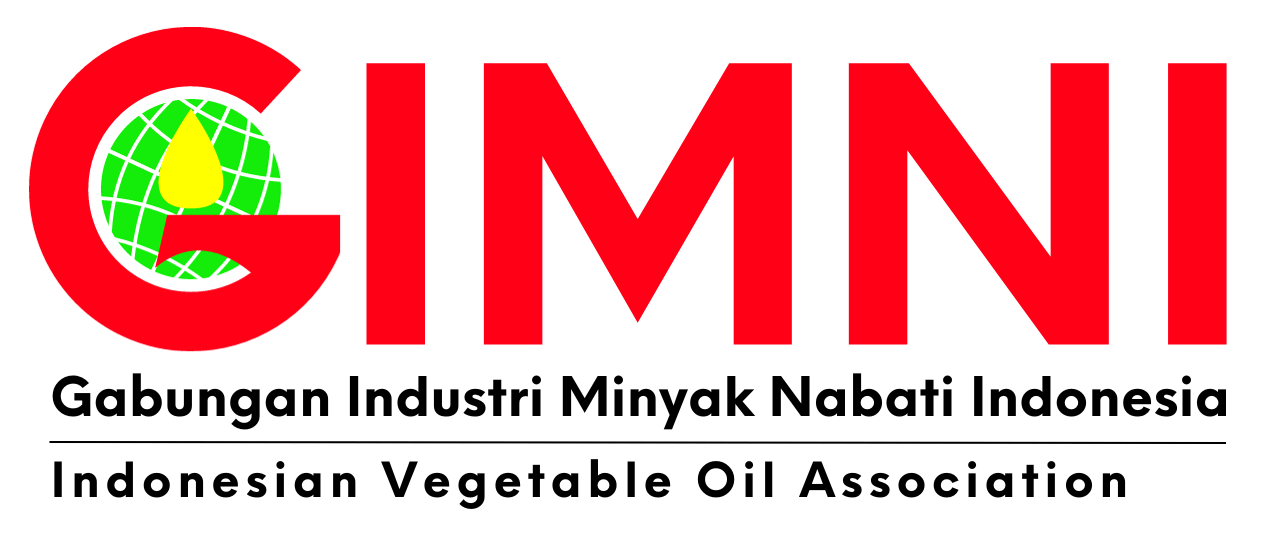
With the United States saying “no,” Russia has said “hello” to Indonesian palm oil businesses, raising hopes for Southeast Asias largest economy to boost its palm oil exports amid growing negative sentiments.
During the Indonesia-Russia Business Forum on Palm Oil on Thursday in Moscow, the Indonesian Palm Oil Board (DMSI) signed a memorandum of cooperation (MoQ with Russias palm oil products trader PalmO-leo Group LLC to boost trade and research, as well as to further efforts to promote the use of palm oil products in both countries.
Sahat Sinaga, the executive director of the Indonesian Vegetable Oil Refiners Association (GIMNI), said that through the agreement, both countries would be able to monitor each others market, while also exchanging technology for the conversion of palm oil into biodiesel.
He said both countries would eventually establish a Russia-Indonesia alliance in the form of a joint venture (JV) company to support the agreement, in which Indonesia would hold the majority stake of at least 60 percent.
The JV is expected to ensure there will be no more adverse legislation against Indonesian palm oil products in the markets of Russia and other ex-Soviet countries.
“Through the JV, we hope that we can develop and boost the palm oil market in Russia, while it will also be a procurement center for sunflower oil needed by Indonesia,” Sahat told The Jakarta Post on Friday.
“That way, Indonesias palm oil exports can be doubled within the next one or two years.”
Throughout last year, Indonesia exported 5.28 million tons of crude palm oil (CPO) worth US$3.3 billion worldwide, down from 7.78 million tons of CPO worth S4.38 billion in 2015, according to the Trade Map of Geneva-based International Trade Center.
Meanwhile, Russias imports of palm oil and its derivative, products reached 885,117 tons worth US$647 million last year, with 83 percent of the total imports coming from Indonesia.
Russias imports of such commodities from Indonesia gradually increased to 735,523 tons worth $512.9 million last year from 429,684 tons worth $479.3 million in 2012.
Hence, Indonesian Palm Oil Producers Association (GAPKI) executive director Fadhil Hasan said Russia was an important market for Indonesia, especially considering its large population and its ever-growing palm oil consumption.
“With growing negative sentiment toward our biodiesel from the US and the European Union, Russia can be an alternative market for Indonesia in the years to come,” Fadhil said.
In March, American commercial trade association National Biodiesel Board (NBB), along with dozens of its fellow biodiesel producers, filed a petition to the US Department of Commerce and US International Trade Commission to impose anti-dumping and countervailing duties on imports of biodiesel from Argentina and Indonesia.
To make things worse, the EU decided in early April to gradually reduce the use of vegetable oils, including palm oil, that were not sustainably produced in biodiesel production, in a bid to reduce deforestation – a move that would harm Indonesia as one of the worlds largest producers of palm oil.
Indonesia has promoted widespread use of biodiesel to help reduce its notoriously high greenhouse gas emissions, including by funneling funds collected from palm oil export taxes to incentiv-ize producers participating in the mandatory 15 percent biodiesel blending (B15) program in 2015 and 20 percentbiodiesel blending (B20) program from last year.
Since mid-2015, palm oil exporters have been levied US$50 per ton for CPO shipments and US$30 for processed palm oil products when CPO prices stand at below US$750 a ton.
Local absorption of biodiesel reached 1.67 million kiloliters (KL) in the first half, or 36.3 percent of this years total target. Throughout 2016, the consumption amounted to 3.65 million kiloliters.
“Indonesian palm oil has long been bombarded with criticism by our foreign counterparts,” the Energy and Mineral Resources Ministrys new and renewable energy director general, Rida Mulyana said recently.
“At some point, we need to fight the critics that have done everything to undermine our palm oil industry, including by using a smear campaign. We have to confront them because we also have our own interest in defending and supporting our palm oil farmers.”
Viriya P. Singgih THE JAKARTA POST/JAKARTA
Sumber: The Jakarta Post
